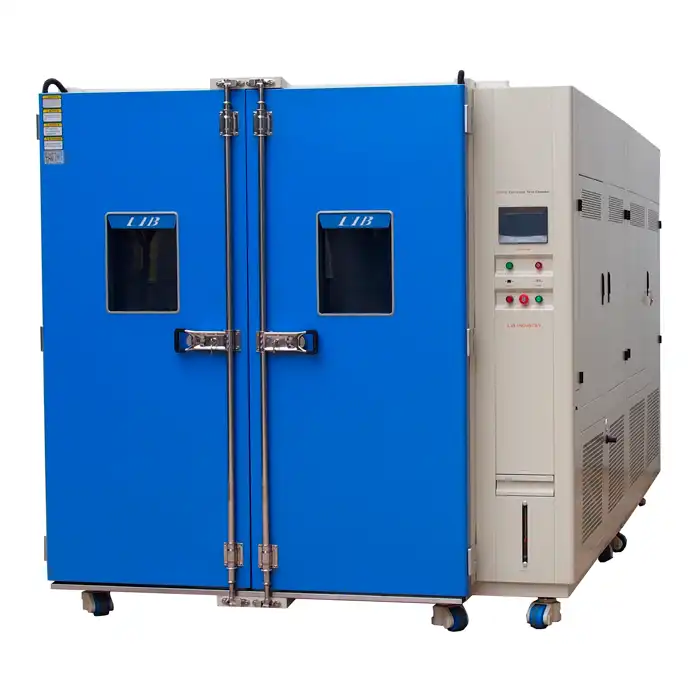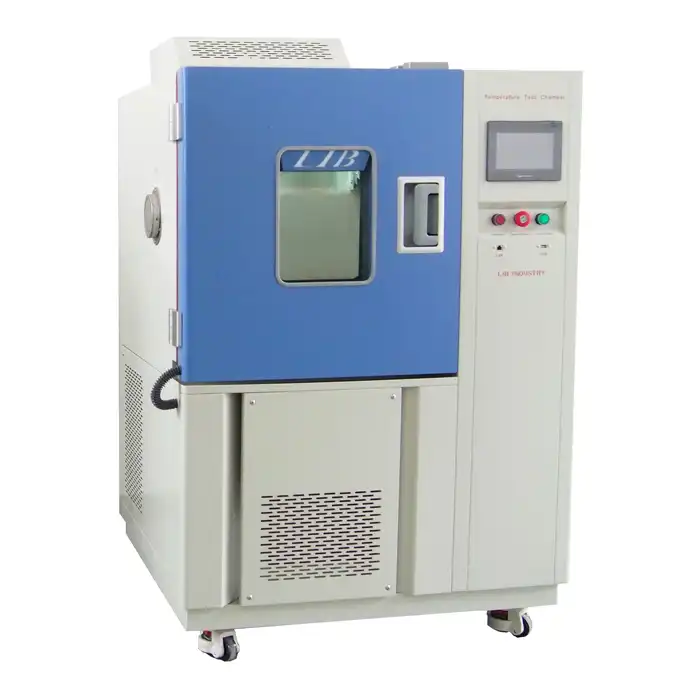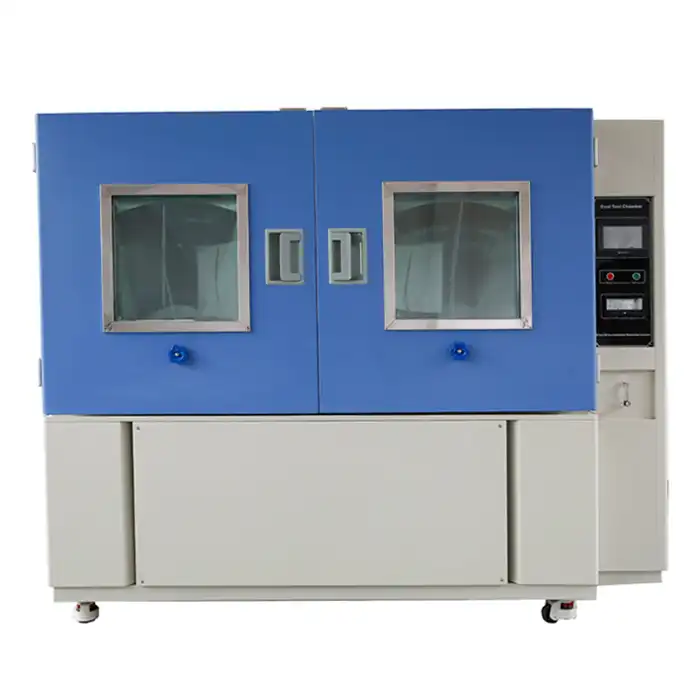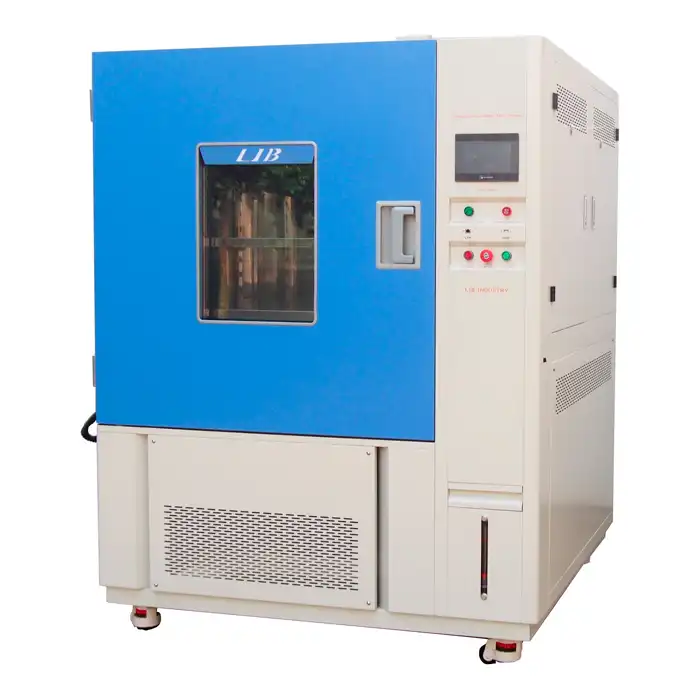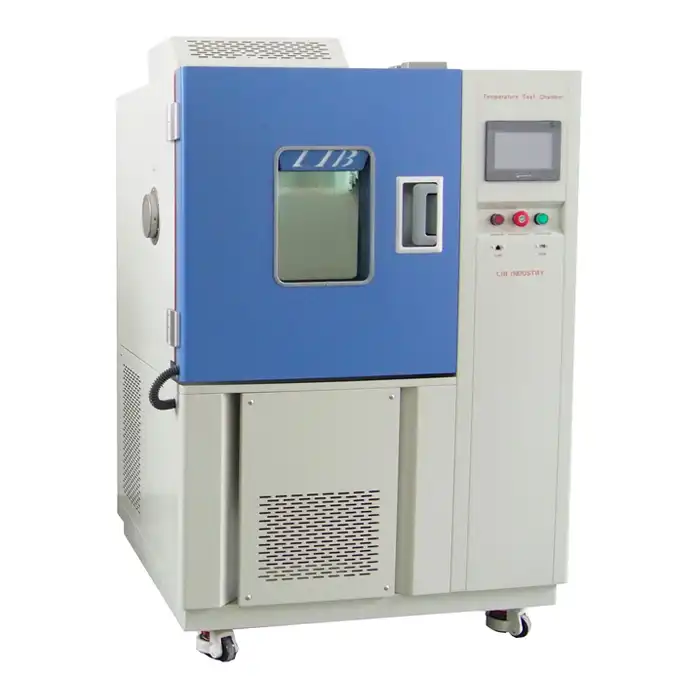What industries use UV Weatherometer testing?
UV weatherometer testing is crucial for assessing the functionality and durability of materials exposed to ultraviolet (UV) radiation. This intricate testing method, which commonly uses state-of-the-art instruments like the UVA313 UVB340 UV Weatherometer, is essential for many industries trying to increase the caliber and robustness of their goods. Let's look at the different industries that rely on UV weatherometer testing to ensure that their products are immune to UV radiation's harmful effects.

Automotive Industry
The automotive sector is one of the primary industries that benefit from UV weatherometer testing. Vehicles are constantly exposed to sunlight, making it imperative to evaluate how various components react to prolonged UV radiation.
Exterior Components
UV testing is vital for assessing the durability of exterior automotive parts such as paint, coatings, and plastic trim. These components must maintain their appearance and structural integrity despite continuous exposure to sunlight. The product helps manufacturers simulate years of UV exposure in a controlled environment, allowing them to identify potential issues and improve product formulations.
Interior Materials
Vehicle interiors are also susceptible to UV damage. Dashboards, seat upholstery, and other interior surfaces can fade, crack, or deteriorate when exposed to sunlight through windows. UV weatherometer testing enables automakers to select materials that resist discoloration and maintain their structural properties over time.
Automotive Glass
Windshields and windows undergo rigorous UV testing to ensure they provide adequate protection against harmful UV rays. This testing helps manufacturers develop glass treatments that block UV radiation while maintaining visibility and clarity.
Construction and Building Materials
The construction industry relies heavily on UV weatherometer testing to evaluate the performance of various building materials exposed to outdoor conditions.
Exterior Paints and Coatings
UV testing is essential for developing durable exterior paints and coatings that can withstand prolonged sun exposure without fading, chalking, or peeling. The UVA313 UVB340 UV Weatherometer allows manufacturers to simulate years of weathering in a matter of weeks or months, helping them refine their formulations for optimal performance.
Roofing Materials
Roofing products, including shingles, tiles, and membranes, must endure constant UV exposure throughout their lifespan. UV weatherometer testing helps manufacturers assess how these materials will perform over time, ensuring they maintain their protective properties and appearance.
Siding and Cladding
Exterior siding and cladding materials, such as vinyl, fiber cement, and wood composites, undergo UV testing to evaluate their resistance to fading, warping, and other forms of degradation. This testing is crucial for developing products that maintain their aesthetic appeal and structural integrity in various climate conditions.
Textile and Apparel Industry
The textile and apparel sector utilizes UV weatherometer testing to ensure the durability and color fastness of fabrics and garments.
Outdoor Apparel
Manufacturers of outdoor clothing and gear rely on UV testing to develop products that can withstand prolonged sun exposure. This includes evaluating the UV resistance of fabrics, dyes, and protective coatings used in items such as hiking gear, swimwear, and sun-protective clothing.
Upholstery Fabrics
Furniture manufacturers use UV weatherometer testing to assess the durability of upholstery fabrics, particularly for outdoor furniture. This testing helps ensure that colors remain vibrant and fabrics maintain their strength and texture despite exposure to sunlight and other environmental factors.
Protective Textiles
UV testing is crucial for developing textiles used in protective applications, such as shade sails, awnings, and agricultural coverings. The UVA313 UVB340 UV Weatherometer helps manufacturers evaluate how these materials will perform over time and maintain their UV-blocking properties.
Plastics and Polymer Industry
The plastics and polymer industry extensively utilizes UV weatherometer testing to evaluate the performance of various materials in outdoor applications.
Outdoor Furniture
Manufacturers of outdoor plastic furniture rely on UV testing to develop products that resist fading, discoloration, and degradation when exposed to sunlight. This testing helps ensure that patio furniture, playground equipment, and other outdoor plastic products maintain their appearance and structural integrity over time.
Packaging Materials
UV weatherometer testing is essential for evaluating the performance of plastic packaging materials, especially those used for products stored or displayed in sunlit environments. This testing helps manufacturers develop packaging solutions that protect the contents from UV radiation while maintaining their own integrity.
Agricultural Films
UV testing is crucial for developing agricultural films used in greenhouses and crop protection. These materials must withstand prolonged UV exposure while maintaining their light transmission and physical properties. The product helps manufacturers optimize their formulations for durability and performance.
Electronics and Consumer Goods
The electronics and consumer goods industries utilize UV weatherometer testing to ensure product durability and longevity.
Electronic Enclosures
Manufacturers of outdoor electronic equipment, such as security cameras, weather stations, and solar panels, use UV testing to evaluate the performance of enclosures and housings. This testing helps ensure that these components can protect sensitive electronics from UV damage and maintain their appearance over time.
Display Screens
UV testing is essential for developing display screens used in outdoor applications, such as digital signage and ATM machines. The UVA313 UVB340 UV Weatherometer helps manufacturers assess how these displays will perform under prolonged sun exposure, ensuring readability and longevity.
Appliance Exteriors
Manufacturers of outdoor appliances, such as grills and air conditioning units, use UV weatherometer testing to evaluate the durability of exterior finishes and components. This testing helps ensure that these products maintain their appearance and functionality despite exposure to the elements.
Aerospace and Aviation
The aerospace and aviation industries rely on UV weatherometer testing to ensure the safety and durability of aircraft components.
Aircraft Coatings
UV testing is crucial for developing durable coatings for aircraft exteriors. These coatings must withstand intense UV exposure at high altitudes while maintaining their protective and aesthetic properties. The product helps manufacturers simulate these extreme conditions and develop high-performance coatings.
Cabin Interiors
Aircraft cabin interiors, including seat fabrics, carpets, and decorative panels, undergo UV testing to ensure they maintain their appearance and properties despite exposure to sunlight through windows. This testing helps manufacturers select materials that resist fading and degradation, maintaining a pleasant cabin environment for passengers.
Composite Materials
UV weatherometer testing is essential for evaluating the performance of composite materials used in aircraft construction. These advanced materials must maintain their structural integrity and appearance despite prolonged exposure to UV radiation at high altitudes.
Conclusion
For many industries, UV weatherometer testing is essential, especially when employing cutting-edge apparatus like the UVA313 UVB340 UV Weatherometer. This testing technique aids producers in creating goods that can resist the damaging effects of UV radiation in a variety of industries, including aerospace, textiles, automotive, and construction. UV weatherometer testing allows businesses to improve product quality, increase durability, and satisfy the exacting standards of both consumers and regulatory agencies by mimicking years of exposure in a controlled setting.
Contact Us
For high-quality environmental testing solutions, including UV weatherometer testing, turn to LIB Industry. Our comprehensive range of services and expertise in environmental testing can help you ensure your products meet the highest standards of quality and durability. Contact us today at info@libtestchamber.com to learn more about how we can support your testing needs and help you develop products that stand the test of time.
References
1. Smith, J. (2022). "UV Weathering in the Automotive Industry: Challenges and Solutions." Journal of Automotive Materials, 15(3), 78-92.
2. Johnson, R., & Thompson, L. (2021). "Advancements in UV Testing for Building Materials." Construction and Building Materials Review, 29(2), 145-160.
3. Lee, S., et al. (2023). "UV Resistance in Textiles: A Comprehensive Study of Testing Methods." Textile Research Journal, 41(4), 312-328.
4. Garcia, M., & Patel, K. (2022). "UV Weatherometer Testing in the Plastics Industry: Current Practices and Future Trends." Polymer Testing and Analysis, 18(1), 55-70.
5. Wilson, E. (2021). "The Impact of UV Exposure on Electronic Components: A Review of Testing Methodologies." Journal of Electronic Materials, 33(2), 189-205.
6. Brown, A., & Davis, C. (2023). "UV Weathering in Aerospace Applications: Challenges and Innovations." Aerospace Materials and Technology, 27(3), 234-250.
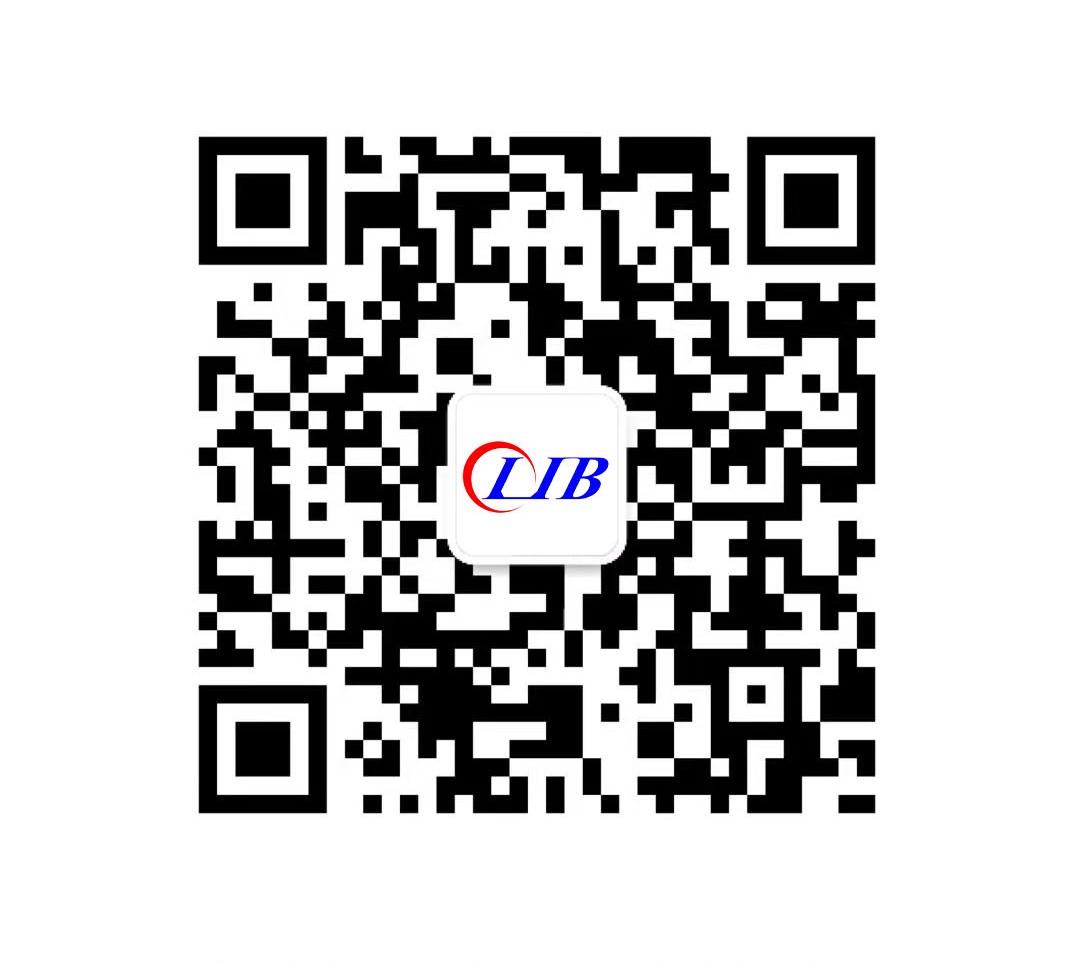


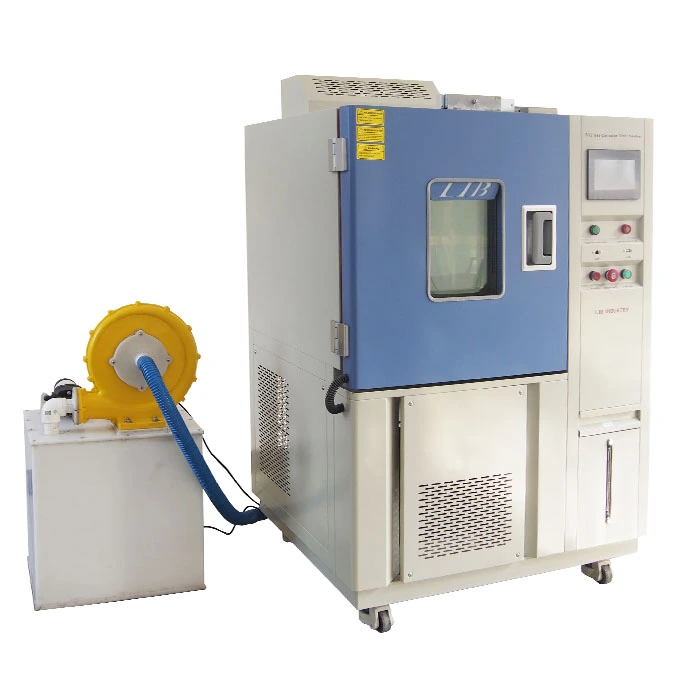
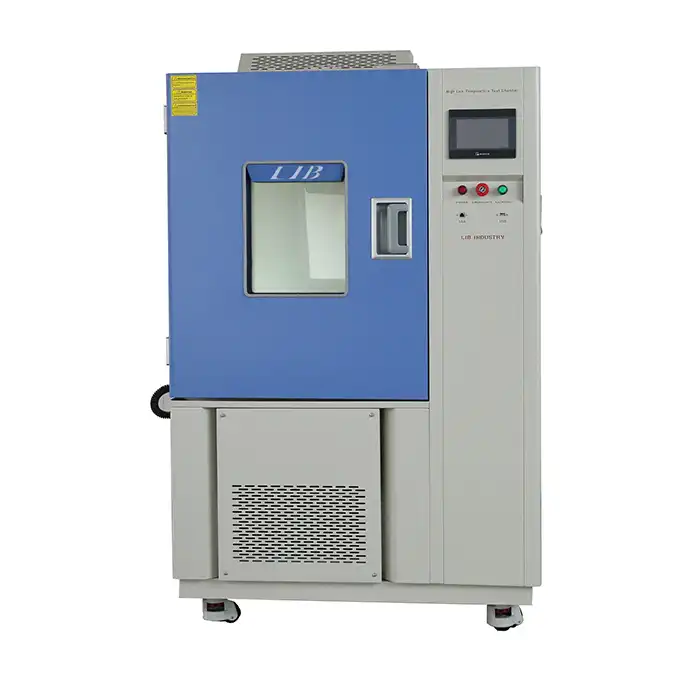
.webp)
